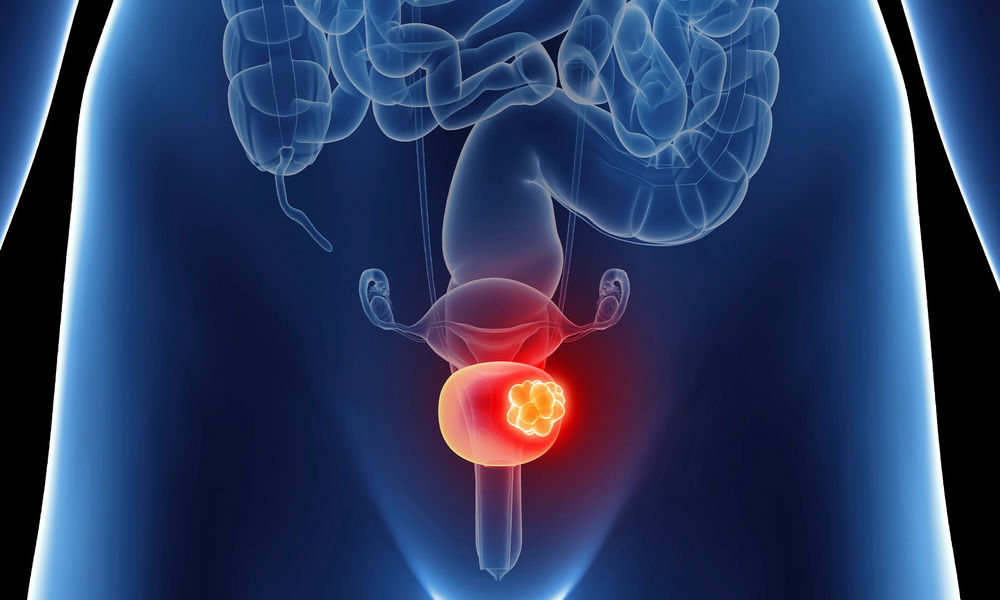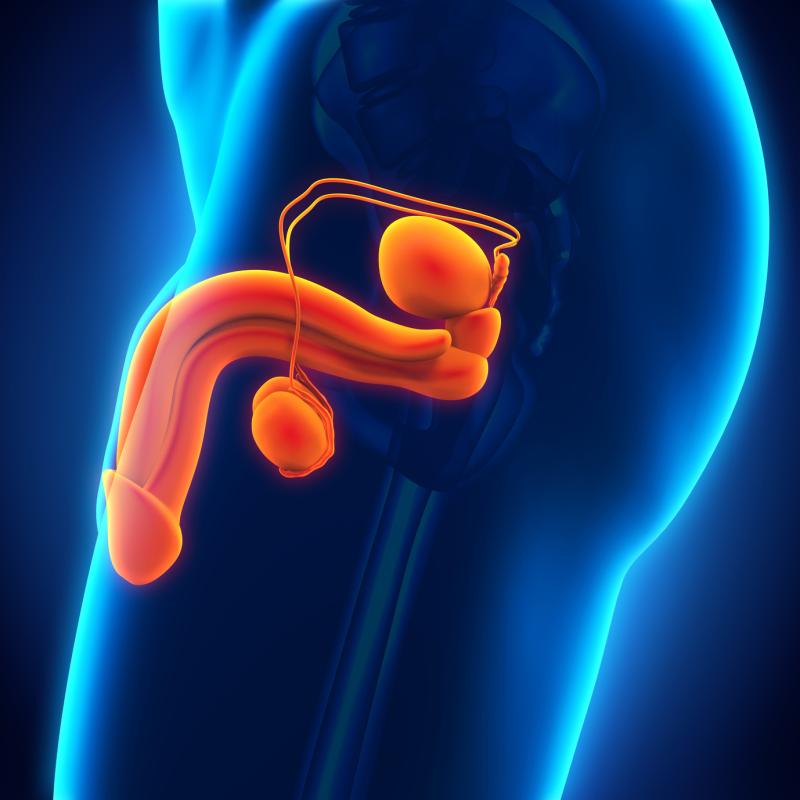What is Bladder Cancer?
Uncontrolled cell growth in the cells lining the inner surface of the bladder bladder cancer occurs. Mutations in the DNA of these cells cause the cells to divide faster than normal. This leads to the formation of a tumor.
It manifests itself with symptoms such as blood in the urine or changes in urination habits. Risk factors include smoking and exposure to certain chemicals. Early diagnosis and treatment can greatly affect the course of the disease.
Bladder Cancer Symptoms
Hematuria, the most common symptom, may be clearly visible red blood in the urine or blood at a microscopic level. The presence of blood is usually painless. You may feel the need to urinate more frequently than normal. A sudden and violent need to urinate may be felt. Pain or discomfort may be felt while urinating.
There may be pain or discomfort in the bladder area, groin or pelvic area. There may be difficulty or changes in urine flow. As cancer progresses, pain may occur in the lower back or sides. bladder cancer symptoms It may also be a sign of other health problems. It is important for people experiencing such symptoms to consult a doctor. Early diagnosis can increase the chances and success rate of treatment.
Bladder Cancer Risk Factors

People with a history of cancer or their families have a higher risk of developing this type of cancer. Radiation therapy, especially to the pelvic area, and the use of some chemotherapy drugs may increase the risk. It is generally more common in the elderly and men.
Some research shows that high-fat diets may increase risk. Long-term bladder catheter use is also among the risk factors. Each of these risk factors bladder cancer may increase the risk of developing However, the presence of risk factors does not mean that cancer will definitely develop.
Is Bladder Cancer Fatal?
It is a disease that gives better results the sooner medical treatment is started. When diagnosed in the early stages, it is usually treatable. However, as the disease progresses, treatment may become more difficult. Treatment success varies depending on the stage and type of the disease and the treatment applied. The early stage is usually treated with surgical methods. Recovery rates are high at this stage.
Treatment options for advanced stages include surgery, chemotherapy, and radiotherapy. However, in advanced stages, sometimes complete recovery may not be achieved. bladder cancer It is important to consult a urologist to get more information about it. The specialist will apply the most appropriate treatment options for your individual situation. Early diagnosis and appropriate treatment play a critical role in controlling the disease and improving quality of life.
Bladder Cancer Treatment

The BCG vaccine is administered directly to the bladder, encouraging the immune system to attack tumor cells. Chemotherapy involves medications used to kill or shrink cancer cells. It can be applied directly to the bladder or intravenously. In the radiotherapy method, cancer cells are targeted using high-energy rays.
It is often used as an alternative to surgery or before/after surgery. Treatments such as pain management, nutritional counseling and psychological support are applied. It may help improve patients' quality of life. A combination of these treatments is also frequently used.
bladder cancer treatment It requires a personalized approach. A treatment plan is created taking into account the patient's health status, type and stage of cancer. It is important to consult your doctor about appropriate treatment methods and options.






